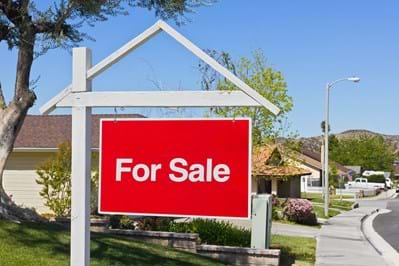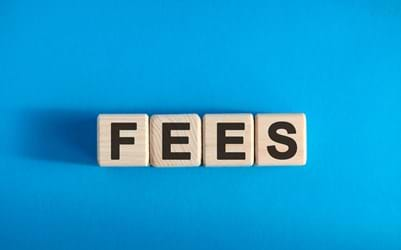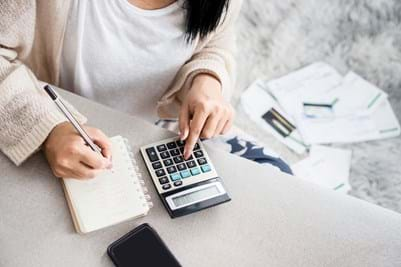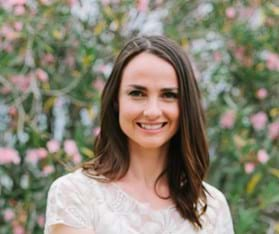 Spring time is the most popular time of year for open houses and auctions. You may have noticed real estate signs going up in your own neighbourhood. Gardens are particularly pretty and the fragrant warm air entices an optimism which perhaps was lacking when the skies were cold and grey. The ‘get up and go’ energy of the season does seem to propel many to take action toward their goals this time of year. If buying a property is one of your goals then read ahead so you are prepared for some of the more significant costs often overlooked when budgeting for a home purchase.
Spring time is the most popular time of year for open houses and auctions. You may have noticed real estate signs going up in your own neighbourhood. Gardens are particularly pretty and the fragrant warm air entices an optimism which perhaps was lacking when the skies were cold and grey. The ‘get up and go’ energy of the season does seem to propel many to take action toward their goals this time of year. If buying a property is one of your goals then read ahead so you are prepared for some of the more significant costs often overlooked when budgeting for a home purchase.
Assessing the full cost of purchasing a property before you begin your hunt will help you save and budget more effectively. It will also help you to develop a better idea of what you can actually afford and help to prepare you for the road ahead. Buying a property is a costly exercise and a massive financial commitment with a number of expenses. So what costs do you need to consider?
Deposit
Generally the largest upfront cost of buying a first home. This ideally should be 20% of the property’s value to avoid lenders mortgage insurance, but there are certainly loans available which allow you to borrow more than 80% (in some cases up to 100%) of the purchase price.
Lender’s fees
Your mortgage provider usually has some fees and charges to set up your home loan, however, it is at the discretion of each lender. These may include fees such as yearly or monthly fees as well as establishment fees (often about $250) and valuation fees (often around $500). Australian Mutual Bank waives many of these fees for a wide range of its current home loan products.
Stamp duty

Stamp Duty charges vary from state to state, but for most of us it is an unavoidable upfront cost associated with buying a home. In some cases there may be a reduction for first time buyers in some states. Stamp duty will depend on your state and the type of purchase you are making (for example a property priced about $800,000 in NSW will attract a stamp duty close to $30,000). Essentially Stamp Duty is a tax charged by each state and territory to transfer the ownership of a property to someone else, with the buyer responsible for this cost. To find out more about stamp duty and the current rates visit: https://www.revenue.nsw.gov.au/grants-schemes
Inspections
It is advisable (and often a condition of your home loan) to get a pest and building inspection done before signing your contract. This will usually cost upwards of $300.
Government fees
Government fees include transfer duty, mortgage registration fee and land transfer fees if applicable. These are usually only a couple of hundred dollars in total.
Lenders mortgage insurance
This only applies if you are borrowing more than 80% of the purchase price, but it does add a significant cost to your property purchase. An $800,000 property purchase for example with a 10% deposit may attract LMI of about $26,000*.
Moving costs
 Moving costs include hiring a removal van/service, cleaning the old property, any renovations to the new property (from extensive updates such as a new kitchen or bathroom to a fresh coat of paint) as well as the costs of connecting utilities and installation of appliances such as gas heaters and dishwashers. A removalist may cost upwards of $800 depending on how far you are moving away and how big a truck you require.
Moving costs include hiring a removal van/service, cleaning the old property, any renovations to the new property (from extensive updates such as a new kitchen or bathroom to a fresh coat of paint) as well as the costs of connecting utilities and installation of appliances such as gas heaters and dishwashers. A removalist may cost upwards of $800 depending on how far you are moving away and how big a truck you require.
Legal fees
Solicitors’ fees and costs associated with the legal aspects of purchasing a property. This can be upward of $2,000 depending on your solicitor.
Ongoing costs relating to your property
Once you’ve moved in you will have quarterly water, electricity, gas if using and rates bills to budget for too (this could total up to $5,000 or more per year depending on your land value, location and usage rates). If in an apartment you will also have strata fees to consider.
Grants and financial support
There may be financial help available if you are purchasing your first home. Investigate whether you are eligible for the various First Home-Owners Grants and discounts which have the potential to reduce your up front costs. Also worth looking into is the Federal Government's First Home Super Saver's Scheme which encourages salary sacrifice as a means to save for a deposit. For the state of NSW there are a number of grants available via the State Government. Under the NSW First Home Buyers Assistance Scheme first home buyers may be eligible for a concessional rate of Stamp Duty or perhaps receive an exemption from paying it altogether.
Budgeting will pay off
 Make sure you have a carefully worked out budget and solid financial plan in place to ensure that you can keep up with mortgage repayments once you’ve moved in, or you could see your home repossessed. Keep in mind also that interest rates are unlikely to stay put. It’s important to factor this in when assessing affordability to ensure you can afford your mortgage even if interest rates do go up.
Make sure you have a carefully worked out budget and solid financial plan in place to ensure that you can keep up with mortgage repayments once you’ve moved in, or you could see your home repossessed. Keep in mind also that interest rates are unlikely to stay put. It’s important to factor this in when assessing affordability to ensure you can afford your mortgage even if interest rates do go up.
While it may seem a tad off-putting having to consider all the above costs while searching for your dream home, you'll be grateful to have done your homework once you’re on the other side of the process. Having a sound financial plan in place will protect you and your family and leave you free to enjoy your new home without any surprises down the track.
What next?
The amount you can expect to borrow on a mortgage loan will vary depending on your own personal circumstances and the provider that you choose. It’s a good idea to do some research into the different types of mortgage loans available and to shop around for the right provider to ensure that you get the best deal or rate that you can.
If you need some guidance with these next steps you can contact Australian Mutual Bank to find out more about eligibility, explore the various loan products on offer and learn more about how to take out a home loan. Once you’ve saved your money, and you’re ready to buy, it’s time to start looking around for the right property for your needs and budget. Next steps are to take out a loan and make a purchase. We’ll continue to explore these topics and more over the coming months.

Alison Gallagher is a freelance writer, resourcefulness expert, entrepreneur and mother of two young children. She has been featured in various publications including Stellar Magazine, Australian Health and Fitness Magazine, and Cleo Magazine. Alison is particularly passionate about sharing practical tips on how to live simply, sustainably and seasonally.






